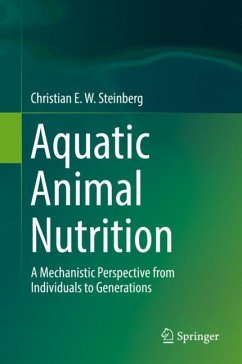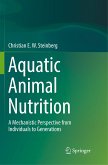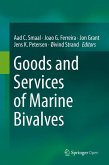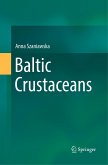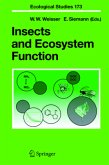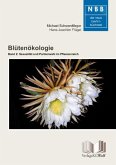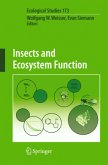This book is a unique cross fertilization of aquatic ecology and aquaculture. It shows how diets structure the digestive tract and its microbiota and, in turn, the microbiota influences life history traits of its host, including behavior. Short-term starvation can have beneficial effects on individuals themselves and succeeding generations which may acquire multiple stress resistances - a mechanism strengthening the persistence of populations. From terrestrial, but not yet from aquatic animals, it is understood that circadian the rhythmicity makes toxins or good food. On the long-term, the dietary basis impacts succeeding generations and can trigger a sympatric speciation by (epi)-genetics.
This volume defines gaps in nutritional research and practice of farmed fishes and invertebrates by referring to knowledge from marine and freshwater biology. It also points out that dietary benefits and deficiencies have effects on several succeeding generations, indicating that well designed diets may have the potential to successfully improve broodstock and breeding effort.
This volume defines gaps in nutritional research and practice of farmed fishes and invertebrates by referring to knowledge from marine and freshwater biology. It also points out that dietary benefits and deficiencies have effects on several succeeding generations, indicating that well designed diets may have the potential to successfully improve broodstock and breeding effort.

